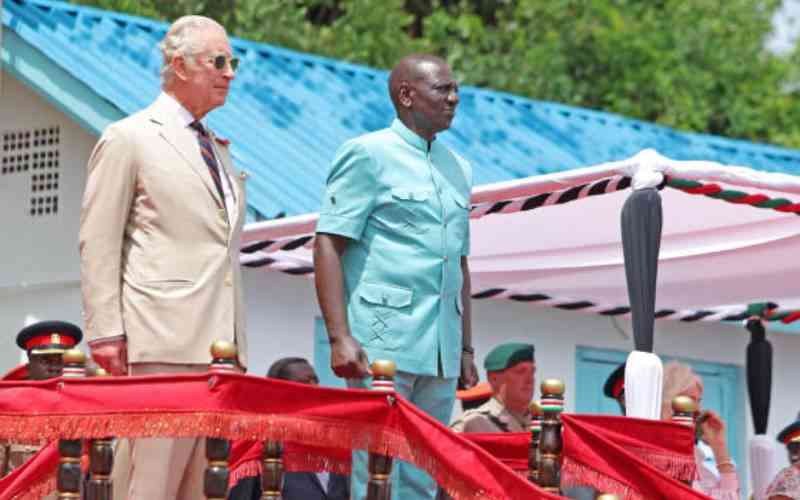×
The Standard e-Paper
Join Thousands Daily

There was a military guard of honour nearly everywhere the royal couple went. A red carpet rolled out in the middle of the jungle. Although seemingly exaggerated, Britain's King Charles III and Queen Camilla truly got a reception fit for royalty.
The warm welcome contradicted the hostility that preceded his four-day State visit that ended Friday, which saw rights groups and victims of colonial brutality demand an apology from the King.